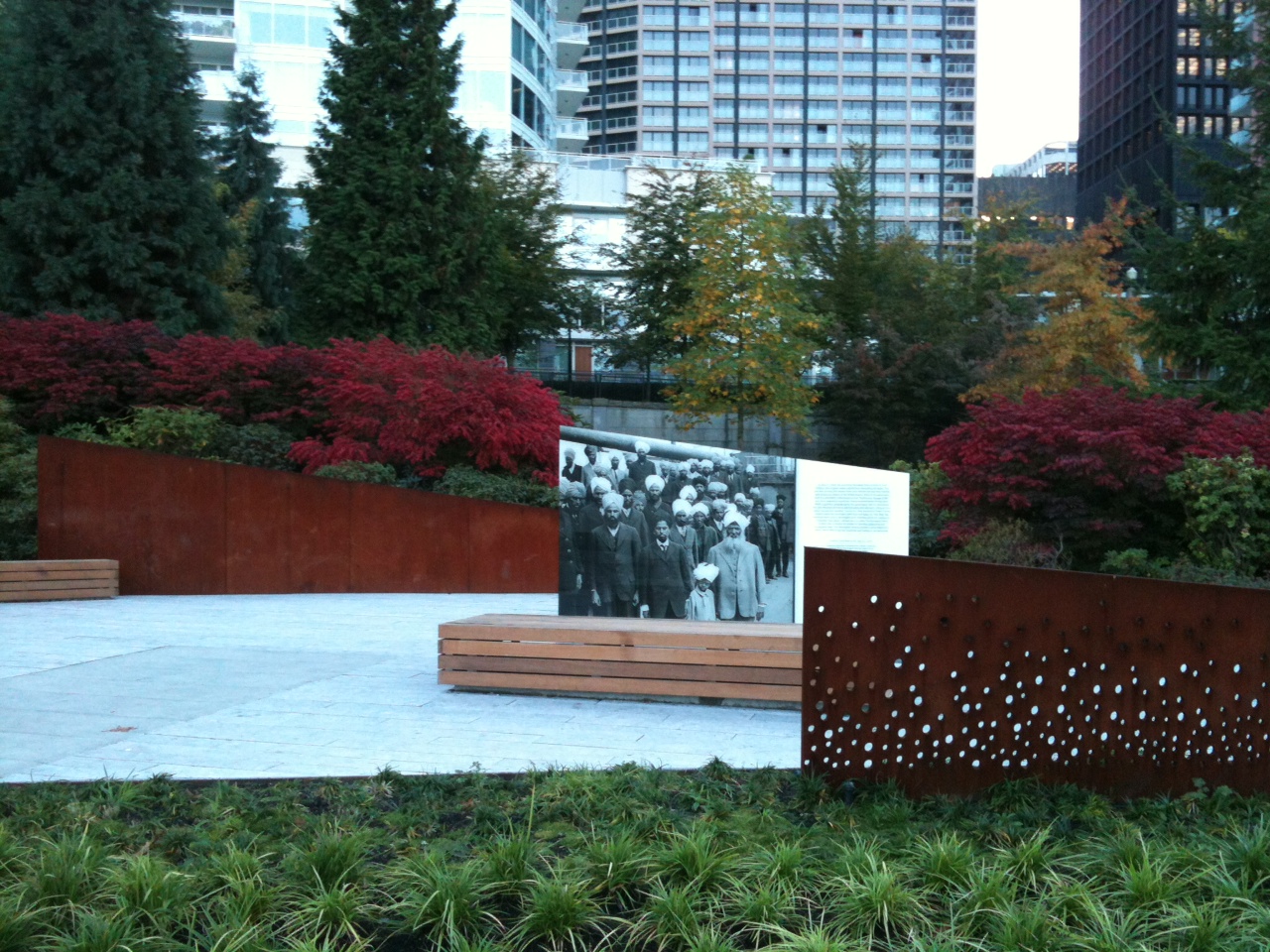Can I Teach History and Just Avoid the Difficult Stuff?
4 November 2012 - 2:51pm
 A couple of years ago I had a group of students who complained about what they felt was too much of a feel-bad-eurocritial-apology-demanding curriculum in social studies. They wondered why it was that the social studies and history concepts and content we talked about in social studies curriculum courses seem to offer an overly critical self-loathing vision of Canada that differed from the pleasant self-laudatory one they encountered in school and from TV commercials. Their Canada as peace-keeper to the world and multicultural, agrarian, rugged, beautiful, frontier wonderland could not be the same Canada of residential schools, the "Indian" Act, the Komagata Maru, and the head tax to limit Chinese immigration. These visions of our country are seemingly irreconcilable binary renderings of the past and present. Neither is very satisfactory and yet both are necessary to open a conversation about the complexities and tensions constantly at play in Canadian identity discourses and the challenges of negotiating and articulating shared senses of the past and present with which we are all prepared to live.
A couple of years ago I had a group of students who complained about what they felt was too much of a feel-bad-eurocritial-apology-demanding curriculum in social studies. They wondered why it was that the social studies and history concepts and content we talked about in social studies curriculum courses seem to offer an overly critical self-loathing vision of Canada that differed from the pleasant self-laudatory one they encountered in school and from TV commercials. Their Canada as peace-keeper to the world and multicultural, agrarian, rugged, beautiful, frontier wonderland could not be the same Canada of residential schools, the "Indian" Act, the Komagata Maru, and the head tax to limit Chinese immigration. These visions of our country are seemingly irreconcilable binary renderings of the past and present. Neither is very satisfactory and yet both are necessary to open a conversation about the complexities and tensions constantly at play in Canadian identity discourses and the challenges of negotiating and articulating shared senses of the past and present with which we are all prepared to live.
The conversation, as we learn from Thomas King, opens not at the hearing of the story we know, but in hearing the story we know through the stories we don’t know, stories that we wouldn’t necessarily encounter, and challenging our capacity as agent-citizens to act in the world with our new knowledge. Thus, we must encounter master-narrative stories because they conjure up our institutional and geographic imagination of Canada, but we must also encounter counter-narratives and learn to employ historical tools and other interpretive approaches and ideas to complicate what we know to challenge the dominant stories, learning that the past is multi-faceted, complex, and very importantly, good-or-otherwise, human. It is in complicating the stories and working through the irreconcilable and the seemingly irreconcilable, the struggle for where the truth lies, (double-entendre intended,) that we open up spaces for new understandings of the past, that with time, we, as a larger national community, come to accept, even when these do not hold us in good light.
I read in the Globe and Mail that James Moore, the current Minister of Heritage, was bemoaning the lack of Canadian history content in high school curricula in Canada. He alludes to Canadian history as complicated, an amalgam of celebration and difficult knowledge. The difficult is something we need to live with and that needs to inhabit us as a nation state community just as the celebration stuff does. Teachers may be shying away from the difficult because it upsets or complicates their own sense of identity or because they would prefer not to share the underside of the past and present for political reasons (i.e. fear of administration or parents or both). However, we should all acknowledge that this is part of our history.
How do you incorporate "difficult histories" into your lessons/museum classes?
Photo: Komagata Maru Monument in Vancouver. Editor's photo.
- Se connecter ou créer un compte pour soumettre des commentaires

